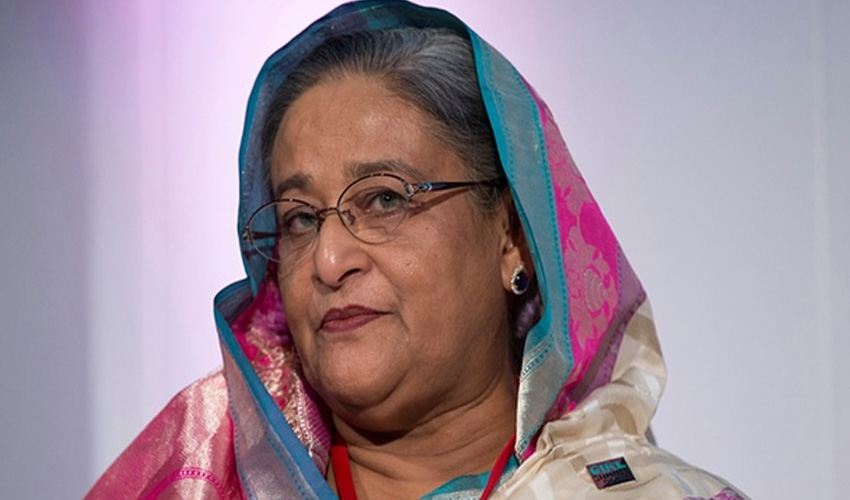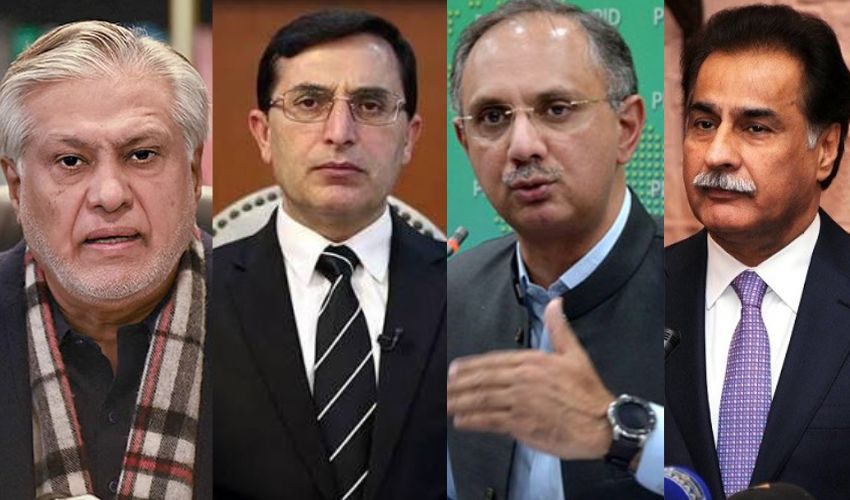Bangladesh’s International Crimes Tribunal (ICT) has announced it will begin the legal process to extradite former Prime Minister Sheikh Hasina from India, where she has sought refuge following her ouster.
The tribunal's chief prosecutor, Mohammad Tajul Islam, said on Sunday that the process to bring Hasina back to face trial for overseeing deadly violence during the recent uprising has started.
Sheikh Hasina, who had ruled Bangladesh for 15 years, fled the country on August 5 following weeks of mass protests against her government. The demonstrations, largely student-led, escalated into widespread unrest, prompting a severe crackdown by the authorities. Hasina fled via military helicopter to India, where she is currently believed to be in hiding.
The ICT, originally established by Hasina in 2010 to investigate war crimes committed during the 1971 independence war against Pakistan, has now turned its attention to the deposed leader. Islam stated that Hasina is being sought for her role in the alleged “massacres” that took place during the protests.
"As the main perpetrator has fled the country, we will start the legal procedure to bring her back," Islam said, referencing the bilateral criminal extradition treaty signed between Bangladesh and India in 2013 during Hasina’s administration. "She has been made the main accused of the massacres in Bangladesh, and we will legally pursue her extradition."
Hasina, 76, has not been seen in public since her flight from Dhaka, and her diplomatic passport has been revoked by the current interim government, led by Nobel Peace Prize laureate Muhammad Yunus. Yunus, who assumed leadership following the unrest, has called for Hasina to remain silent while in exile, pending her return to Bangladesh for trial.
Diplomatic tensions between Dhaka and New Delhi have risen due to Hasina's presence in India. The treaty between the two nations does contain a clause allowing for the refusal of extradition if the offence is deemed to have a “political character.” Still, Bangladeshi officials have insisted that the former Prime Minister’s actions warrant her return.
"We are under immense public pressure to ensure justice is served," Yunus said in a statement to local media. "If India decides to shelter her for the time being, she must remain quiet until her return."
Meanwhile, anti-India sentiment has been rising in Bangladesh, with demands for Hasina's extradition growing louder. The general secretary of the opposition Bangladesh Nationalist Party (BNP), Mirza Fakhrul Islam Alamgir, has also weighed in, telling Indian media that Hasina must face justice in her home country.
India, which has long enjoyed strong relations with its eastern neighbor, now finds itself in a delicate diplomatic situation. While the Indian government has not yet made a formal statement on the extradition request, analysts suggest that New Delhi may be reluctant to hand over the former leader, given the political sensitivities involved.



























